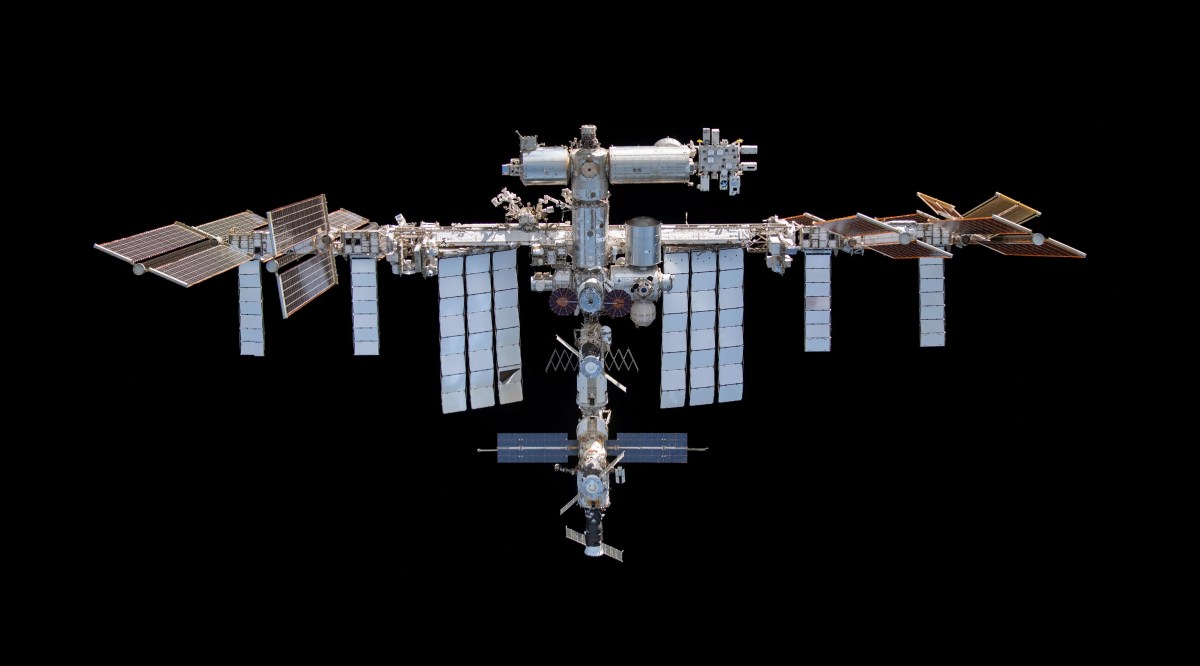NASA has selected SpaceX to develop a spacecraft that will de-orbit the International Space Station in 2030 — a contract valued at as much as $843 million, the agency announced Wednesday. The ISS is nearing the end of its operational life, and as plans for new, commercially owned space stations heat up, the one that […]
© 2024 TechCrunch. All rights reserved. For personal use only.
NASA has selected SpaceX to develop a spacecraft that will de-orbit the International Space Station in 2030 — a contract valued at as much as $843 million, the agency announced Wednesday.
The ISS is nearing the end of its operational life, and as plans for new, commercially owned space stations heat up, the one that started it all will eventually have to be safely disposed of at the end of the decade.
Few details about the U.S. Deorbit Vehicle, as NASA calls the craft, have been released so far. However, NASA clarified that the vehicle will be different from SpaceX’s Dragon capsule, which delivers cargo and crew to the station, and other vehicles that perform services for the agency. Unlike these vehicles, which are built and operated by SpaceX, NASA will take ownership of the U.S. Deorbit Vehicle post-development and operate it throughout its mission.
Both the vehicle and the ISS will destructively break up as they reenter the atmosphere, and one of the big tasks ahead for SpaceX is to ensure that the station reenters in a way that endangers no populated areas.
The launch contract for the U.S. Deorbit Vehicle will be announced separately.
NASA and its partners had been evaluating using a Russian Roscosmos Progress spacecraft to conduct the de-orbit mission, but studies indicated that a new spacecraft was needed for the de-orbit maneuver. The station’s safe demise is a responsibility shared by the five space agencies that operate on the ISS — NASA, the Canadian Space Agency, European Space Agency, Japan Aerospace Exploration Agency, and State Space Corporation Roscosmos — but it is unclear whether this contract amount is being paid out by all countries.
TechCrunch has contacted NASA for more details and we will update this post if we hear back.

Leave a Reply